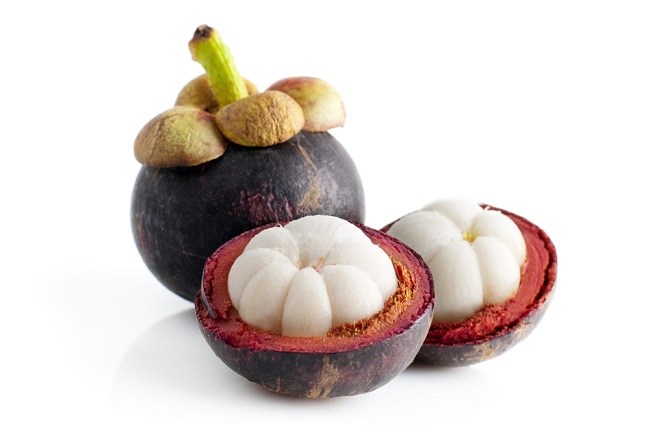Cholesterol is a type of fat which, if the levels are too high, can have a bad effect on health. One of the effects of high cholesterol is the buildup of plaque in the arteries that can cause a heart attack or stroke.
High cholesterol can be triggered by many factors, such as an unhealthy lifestyle, smoking, lack of exercise, and frequent consumption of fatty foods.

Why Dangerous High Cholesterol?
In most cases, high cholesterol does not cause any symptoms. This makes this condition often not realized by the sufferer. And if left unchecked, high cholesterol can cause atherosclerosis or plaque buildup on the walls of blood vessels.
As a result, blood flow to a number of organs can be not smooth, even blocked. This condition can trigger the emergence of a number of diseases, such as:
- Heart attack
- stroke
- Angina (chest pain)
- High blood pressure
- Peripheral artery disease
- Kidney illness
How to Overcome High Cholesterol
Cholesterol is one type of fat that actually has a good function in the body. Cholesterol is bound to protein and is divided into 3 types, namely LDL (low-density lipoprotein), HDL (high-density lipoprotein), and TGL (triglycerides).
Ideally, total cholesterol levels in children and adolescents aged 19 years and under are less than 170 mg/dL. Whereas in adults, normal total cholesterol levels range from 125-200mg/dL.
Treatment of high cholesterol will be adjusted to the total cholesterol level and the ratio of the levels of the three types of cholesterol. In general, high cholesterol can be managed with lifestyle changes and the use of cholesterol-lowering drugs.
Lifestyle changes you can make to lower cholesterol levels include:
1. Exercise regularly
Doing light exercise regularly every day, for a total of 2.5 hours a week, can increase HDL levels and lower LDL levels. Some of the exercise options that you can do are brisk walking, swimming, or cycling.
2. Quit smoking
The chemical content in cigarettes can increase cholesterol levels. If you smoke, stop this habit as soon as possible. Quitting smoking and adopting a healthy lifestyle will lower cholesterol levels, thereby reducing the risk of various diseases caused by high cholesterol.
3. Choose food rich in good fats
Another way that can be done to overcome high cholesterol is to eat foods that contain good fats, such as nuts, especially nuts almonds and walnuts, as well as fish that contain omega-3s, such as salmon or mackerel.
In addition, other food choices, such as wheat, dark chocolate, as well as fruits, such as berries and grapes, are also good for preventing high cholesterol.
4. Avoid food fatty
Types of food that should be avoided by people with high cholesterol are foods that contain a lot of trans fat, which is a type of unsaturated fat that can increase LDL cholesterol levels and reduce HDL cholesterol levels.
Some types of food that are high in trans fats are fried fast food (such as French fries or fried chicken), packaged snacks (such as potato chips), cakes, bread, biscuits, pizza, and sausages.
5. Choosing the right cooking oil
Selection of unhealthy food types and ingredients, including choosing the type of cooking oil, can increase cholesterol levels. One of the things that must be considered in choosing cooking oil is its smoke point.
If you want to fry, use cooking oil that has a high smoke point or is resistant to heat. One type of oil that has a high smoke point is soybean oil. In addition to having a high smoke point, soybean oil also contains unsaturated fatty acids and phytosterols, which are often associated with lowering cholesterol levels.
As already mentioned above, high cholesterol usually does not cause any symptoms. So, if you have an unhealthy lifestyle, have diabetes, are obese, or have a family history of heart disease, check your cholesterol levels with your doctor regularly.
Checking cholesterol levels can start as early as adolescence. In adults, cholesterol checks should be done regularly every 4-6 years.









